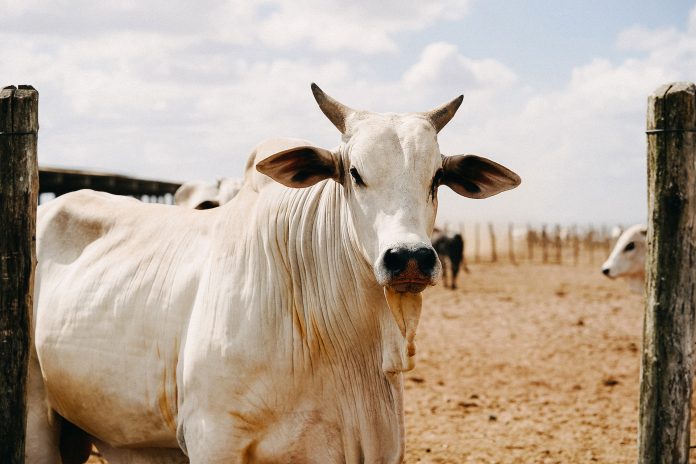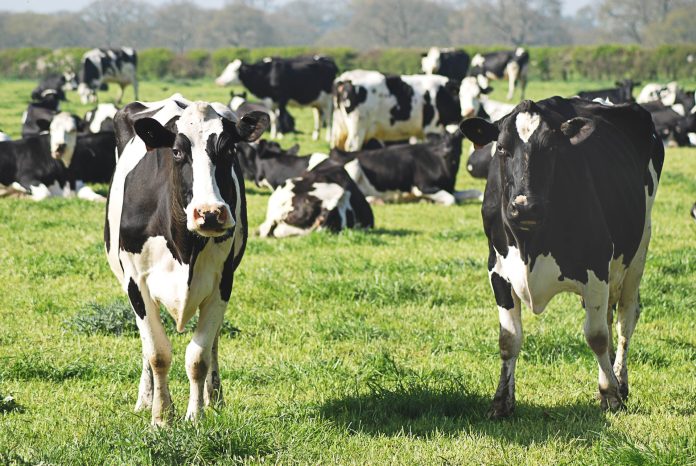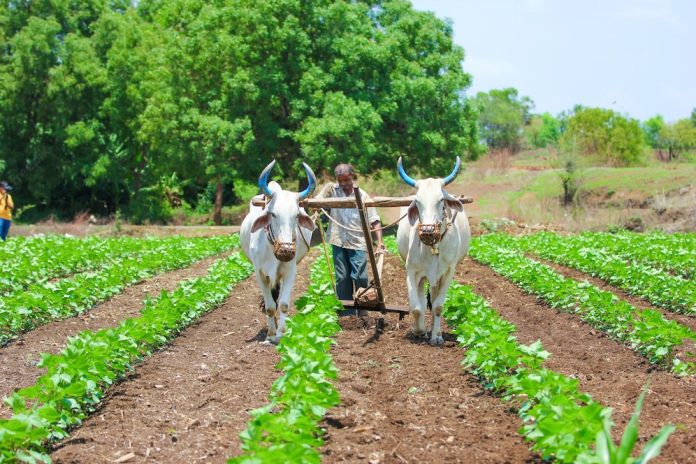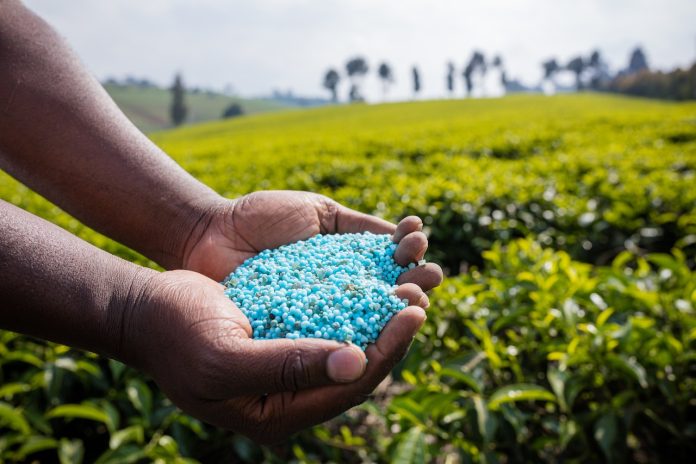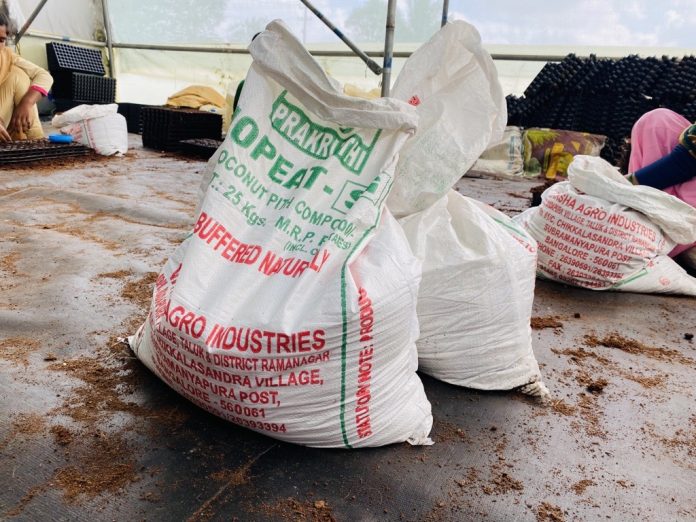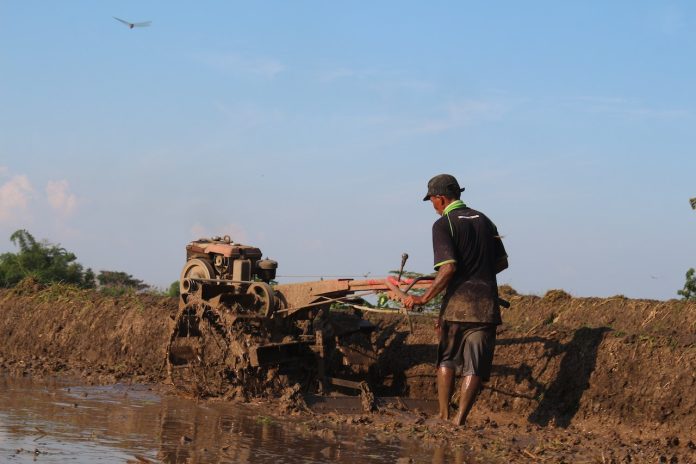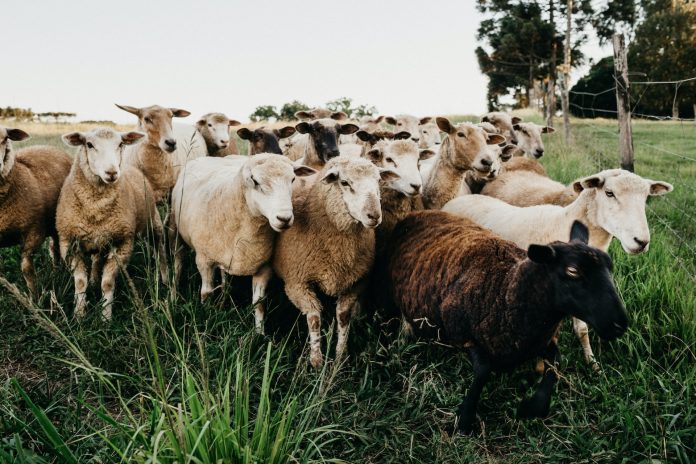The Bhamashah Pashu Bima Yojana is the Animal Insurance scheme by the Rajasthan government. The scheme allows the farmers in the animal husbandry sector to insure a certain number of their animals with a minimal premium amount. They will get subsidised premiums with the state government bearing the major share of the amount. In return, the farmers will get an insurance amount in case their animals are dead due to calamities or other diseases. This article will explain this plan.
Scheme Overview
- Scheme Name: Bhamashah Pashu Bima Yojana
- Scheme Modified: 10.10.2015
- Scheme Fund Allocated: Subsidy on animal insurance premium
- Type of Government Scheme: State Government of Rajasthan
- Sponsored / Sector Scheme: Animal Insurance Scheme
- Website to apply: https://rajasthan.gov.in/
- Helpline No.: NA
Features of Bhamashah Pashu Bima Yojana
The Rajasthan Bhamashah Pashu Bima Yojana is one of the successful schemes of the state government. With the help of this scheme, a farmer could get up to INR 50,000 as animal insurance for the loss of an animal. The scheme allows them to insure 5-10 animals, depending on their size. Further details about the scheme are given in the table below.
| CATEGORY | REMARKS |
| Insurance For | Up to 10 small animals
Up to 5 big animals |
| Premium Plan | 70% premium paid by government
30% by the beneficiary |
| Cow Insurance | Up to INR 40000 |
| Insurance For Buffalo, Sheep, Horses, Camel Etc | Up to INR 50000 |
| Premium Amount | INR 330 to INR 688 paid by the beneficiary |
Benefits of Bhamashah Pashu Bima Yojana
- The insurance will be for a certain number of animals but the beneficiary will not have to pay a huge amount. Instead, the government will share 70% of the premium.
- Death of animals due to some diseases, calamities or disasters are all covered under this scheme.
- Farmers who rear a wide variety of animals can take advantage of this scheme.
- Both indigenous and cross-breed varieties of animals are included in this scheme.
Drawbacks of Bhamashah Pashu Bima Yojana
- Rajasthan Bhamashah Pashu Bima Yojana is a good scheme for animal-rearing farmers but it covers only 5 animals for the bigger-sized ones and 10 for the small-sized animals. This will not be a great help for those having more than 10 or hundreds of animals. The insurance is fixed at 5 or 10. This will only benefit small-scale farmers.
- The same is the case for those rearing multiple animals on the same farm. The loss will be huge in a disaster or epidemic. This Bhamashah Pashu Bima scheme will need some refinements to include all aspects.
- While the government bears a major share of the premium amount, the bearer should pay the 15% service tax, which is not part of the subsidised amount.
How to Apply for Bhamashah Pashu Bima Yojana?
You cannot apply for the Rajasthan Bhamashah Pashu Bima Yojana online. Farmers must have a Bhamashah card to insure more animals.
- Step 1: You must approach the local veterinary hospital for the same.
- Step 2: The local veterinary doctor will inform the insurance company and they will visit you.
- Step 3: The doctor will issue a health certificate for the animal or animals concerned.
- Step 4: The insurance company will inspect the animal and place the tag on its ear.
- Step 5: A photo of you and the animal together, will be taken.
- Step 6: The insurance company will issue the insurance after the inspection.
At the time of the animal’s death, you must inform the insurance company immediately or within 6 hours. Immediately if it is daytime, and the next morning itself if the animal died at night. They will send someone for assessment. A post-mortem of the animal will be necessary.
Documents Required
- Bhamashah card
- Application form duly filled
- Animal’s health insurance certificate
- Photograph of the animal you intend to insure, with its tag visible.
- Copy of the BPL card
- Caste certificate for SC/ST
- Bank account details
Conclusion
Bhamashah Pashu Bima Yojana has been a game changer for animal rearers. In the past, many farmers in animal husbandry had to suffer huge losses due to the untimely death of their animals. This Bhamashah Pashu Bima Yojana is brought about to cut down such losses and provide some kind of financial support to the sufferers.
Note: The information contained herein is for informational purposes only. Nothing herein shall be construed to be financial or legal advice. Pesticides are a considerable risk of loss in crops and viewers are advised to do their own research before making any decisions.

